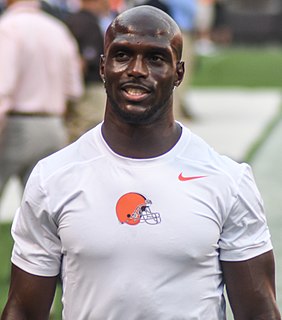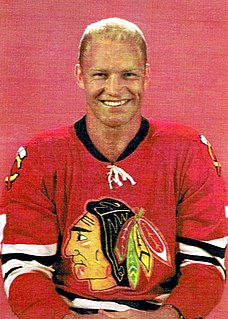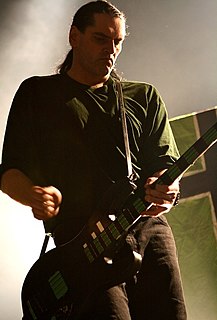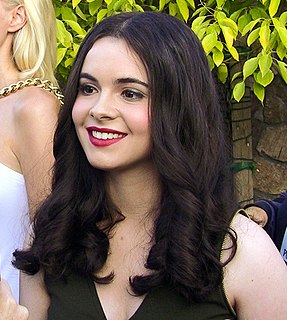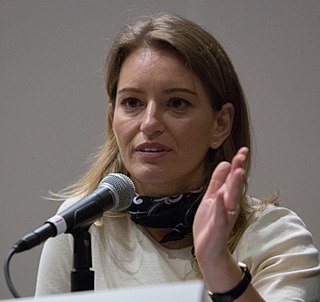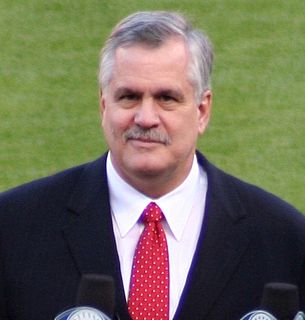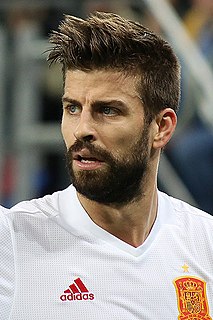A Quote by Jason McCourty
I think that's each and every week, you're always gonna start with the basics, the fundamentals. One, stop the run. I think beyond that once you start there you're always looking out what their personnel is, in which ways can they beat you and then you have to adapt and adjust during the course of the game.
Related Quotes
With every song, all the elements have to work. First, the beat has to be great - you start there. You start with the music, and then the ideas follow. Then you start thinking of rhymes, and then you record it, and sometimes - this happens to me a lot - it doesn't come out as good as it did in my head when I first wrote it.
I think the most takes I've ever done would probably be maybe 10, on like a big studio movie where you can do those. But after a while it's like, "It's not gonna get any better, this is what it is," the light's just gonna dull from your eyes. I think the more you do it, the less the actors listen to each other because then you start memorizing the other person's lines and you start getting bored.
If you just warn people, they often simply ignore you. But if you ask them a question, then they have to think about it. And once they start to think about the consequences, they almost always calm down. Unless they're drunk, of course. Or stoned. Or aged between fourteen and twenty-one. Or Glaswegian.
I know a lot is going to be on our shoulders, especially the way we're starting games out. We have to start faster; I have to be sharper from the start, and I will be. And I'm confident that if we can get this thing started out a little better each week that we can get on that roll and be tough to stop.
When you're just starting out in the TV business, you don't know anything at all, and you think you're doing a better job than everyone else around you, and you just sort of presume that you're not getting the credit you deserve. And then when you start to get better, the pressure is extraordinary, and then you start to second-guess everything you do, and when people start looking to you for answers, for insight and for analysis and guidance, you start to wonder if you are the right person - even when you have all the information.
I think every coach has to adapt to what they have, because they're what you get. You can't just go out to the player tree and pick all the great ones. That doesn't happen. You get a Barry Sanders every now and then. You get a Billy Sims every once in a while. And when you have it, you adapt to their strengths. Whoever comes in here and whoever has this job needs to adapt and will do that.
The best way is always to stop when you are going good and when you know what will happen next. If you do that every day ... you will never be stuck. Always stop while you are going good and don't think about it or worry about it until you start to write the next day. That way your subconscious will work on it all the time. But if you think about it consciously or worry about it you will kill it and your brain will be tired before you start.
The best way is to read it all every day from the start, correcting as you go along, then go on from where you stopped the day before. When it gets so long that you can't do this every day read back two or three chapters each day; then each week read it all from the start. That's how you make it all of one piece.
If it's possible, I will have some noodles in the morning and start talking to people, start to think about a few things in my head - the project or a few ideas which are not finished or if there are possible directions and what will lead into another game. It's always like setting up some kind of game you can continuously play.
The world doesn’t need more people playing small. It’s time to stop hiding out and start stepping out. It’s time to stop needing and start leading. It’s time to start sharing your gifts instead of hoarding them or pretending they don’t exist. It’s time you started playing the game of life in a “big” way.
